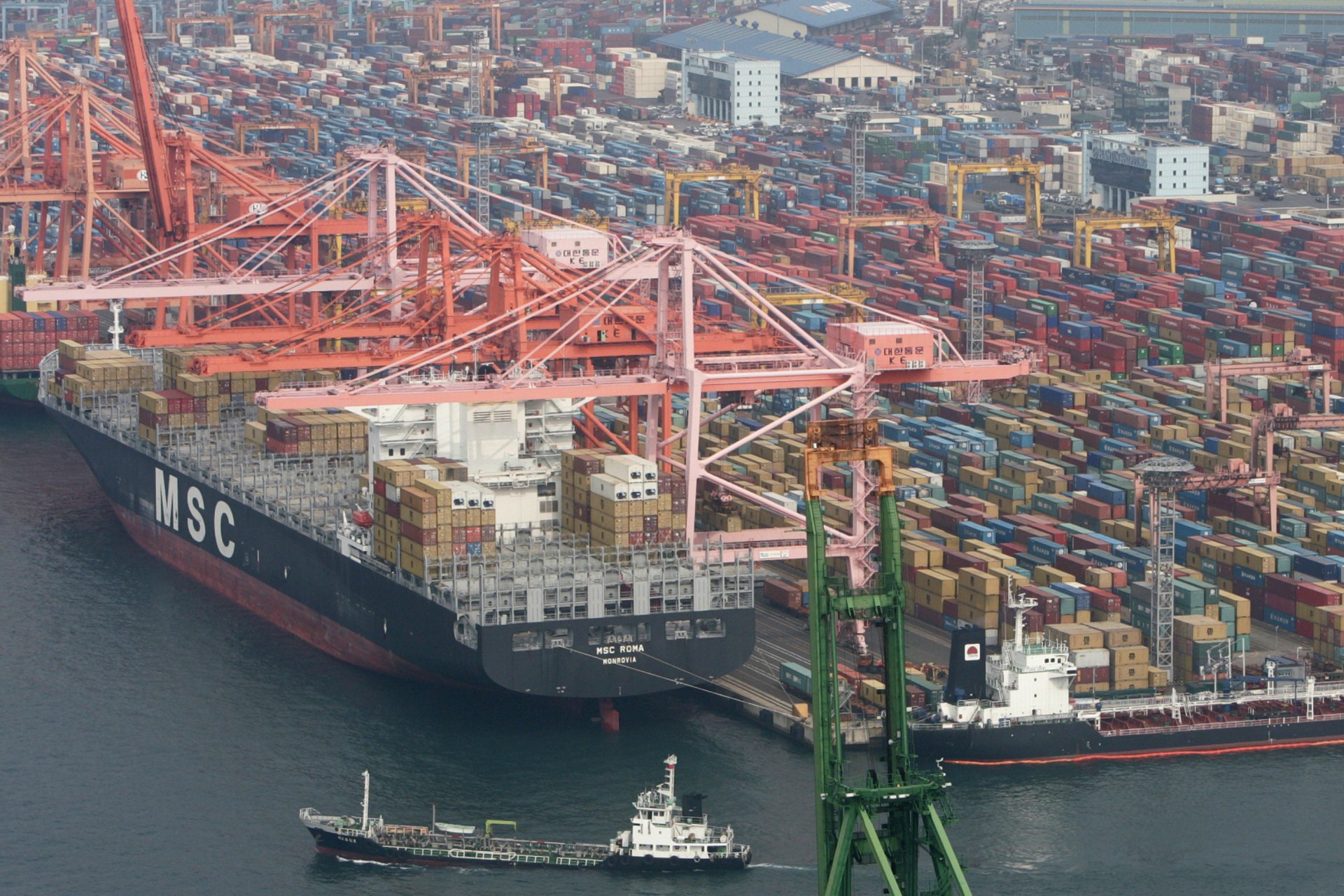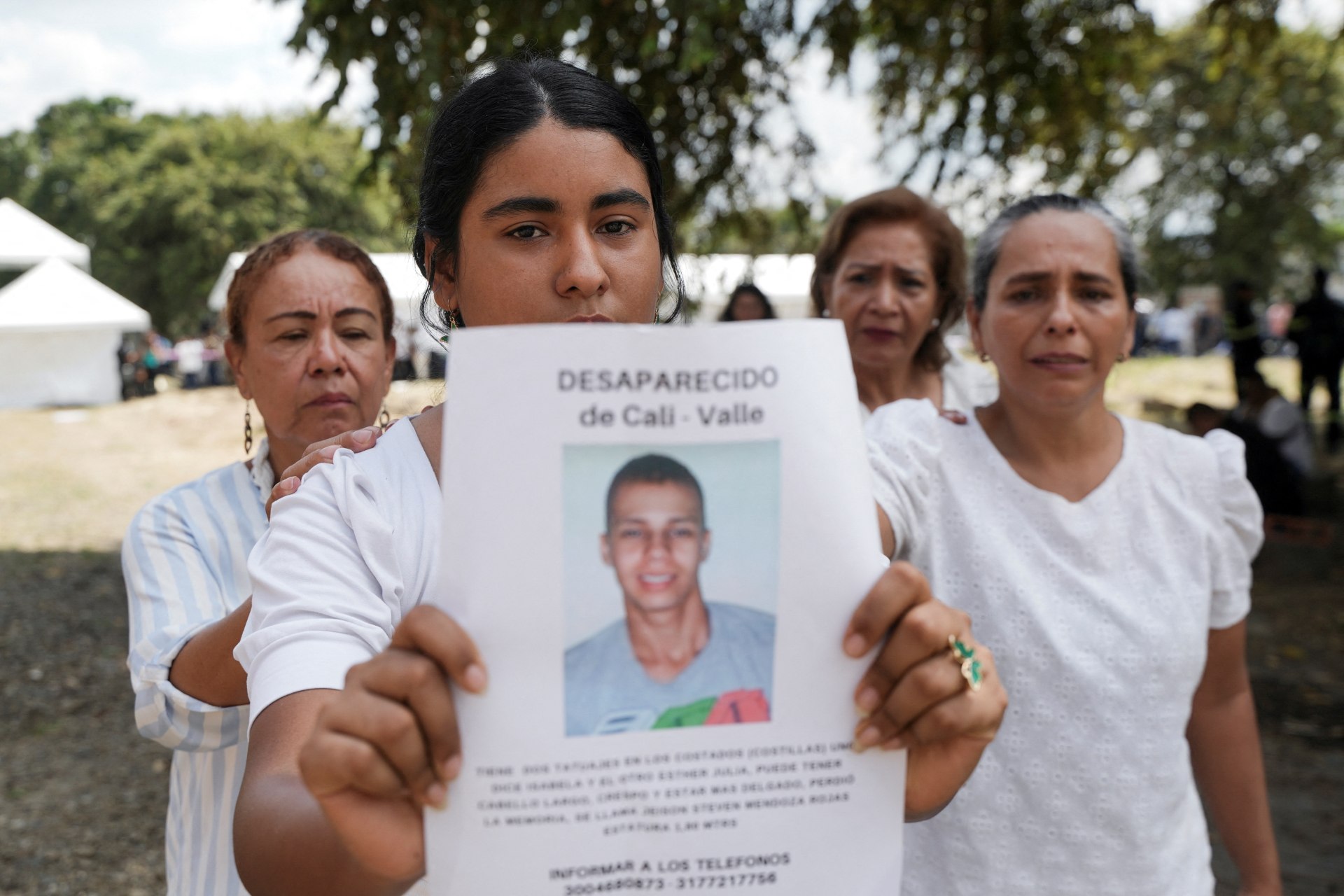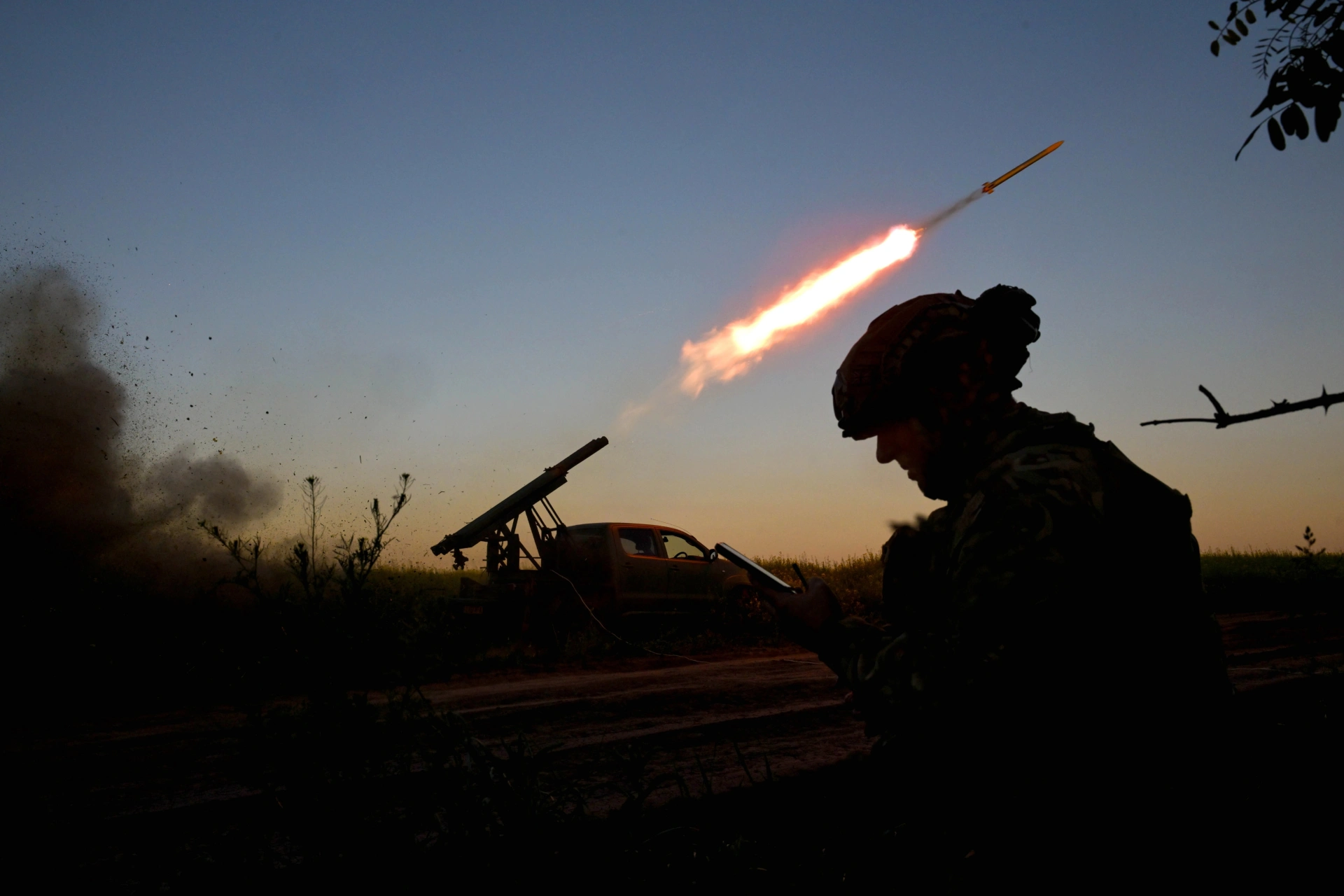Holding the Multistakeholder Line at the ITU
The U.S. Perspective

BY
- Adam SegalIra A. Lipman Chair in Emerging Technologies and National Security and Director of the Digital and Cyberspace Policy Program
The United States heads to the 2014 International Telecommunications Union (ITU) Plenipotentiary Conference in Busan, South Korea, looking to defend its approach to Internet governance. Washington and its allies favor the “multistakeholder” model: a bottom-up policy process that includes organizations representing technical experts, governments, businesses, civil society, and individual users. On the other side of the discussion are authoritarian states like China and Iran, which see the multistakeholder model as favoring U.S. economic and security interests. They are pushing for greater involvement of multilateral organizations like the ITU. In addition, many developing countries, which often lack independent civil-society actors or businesses capable of participating in multistakeholder governance, prefer multilateral organizations like the United Nations, where governments are the primary actors.
The United States‘ strategy to defend the open, global Internet is to make the multistakeholder model more transparent and inclusive, preventing further encroachment of multilateral institutions on Internet governance. The challenge for Washington at the plenipotentiary conference is to protect against greater ITU involvement while not alienating potential partners in the developing world whose acceptance of the multistakeholder model is essential to its future
The Shadow of the WCIT
The United States attends the 2014 plenipotentiary in the shadow of another international conference, the 2012 World Conference on Information Technology (WCIT). In the run-up to the WCIT, the United States and its allies argued that the Internet was outside the mandate of the ITU, which has historically been responsible for radio spectrum, satellite orbits, telecommunications, and technical standards, and that it did not belong in the International Telecommunication Regulations (ITRs), a 1988 treaty designed to foster “global interconnection and interoperability” of telecommunications traffic across national borders. When that argument failed, the United States and fifty-four other countries rejected the rewritten ITRs. In particular, the United States opposed provisions in the ITRs on network security, control of spam, the ITU’s role in Internet governance, and other measures that would have threatened the multistakeholder model of the Internet and supported states in increasing their web surveillance.
Various nation had been pushing for a more state-centric system to manage the Internet long before the WCIT.
Eighty-nine countries did, however, sign the ITRs. Many commentators saw this both as a failure of U.S. diplomacy and the beginning of a “digital cold war” or “Internet Yalta.” A 2013 Council on Foreign Relations Independent Task Force report, for example, noted that the United States had only appointed the head of the WCIT delegation six months before the meeting, which was “not adequate preparation time for mobilizing government and private-sector resources, especially when China was organizing for close to three years.”
The WCIT was a clear marker of the differing views on Internet governance but the divisions were not new. Various nations—including China, Russia, Iran, Pakistan, and Saudi Arabia—had been pushing for a more state-centric system to manage the Internet long before the WCIT. The “digital cold war” analogy was also overstated. The ITRs only bind those states that sign the treaty and, as the Syracuse professor and Internet analyst Milton Mueller noted at the time, the greatest threat to Internet freedom comes from national governments with the “institutional mechanisms to regulate, restrict, surveil, censor and license Internet suppliers and users.” The ITU has none of those capabilities.
At the WCIT, ITU Secretary-General Hamadoun Touré ignored a promise to rely on consensus at the meeting and called for voting on a one-country, one-vote basis, provoking a U.S. walkout. The 2014 plenipotentiary, however, is unlikely to end with anything as dramatic. It is in no one’s interest. Though the ITU will continue to try and redefine itself to ensure it has a role as communications shift to digital networks, the incoming ITU Deputy Secretary-General Zhou Hanlin wants the meeting to run smoothly and is unlikely to make the same mistake as Touré. South Korea, as the host, will also want the meeting to be seen as a success. Moreover, this is a full plenipotentiary, not just a meeting on information technology, and so it covers the ITU’s full range of issues, including radio spectrum and satellite regulation, making it extremely difficult for any country to put itself outside the purview of the ITU.
Better Prepared—But Challenges Still Loom
The United States is much better prepared for the meeting than it was for the WCIT. The delegation is headed by Ambassador Daniel A. Sepulveda, deputy assistant secretary of state and U.S. coordinator for international communications and information policy, who has been able to involve multiple actors, both in and outside government, in an extended preparation process. In addition, the United States managed to forge an agreement in advance with its Latin American partners on forty-six proposals for the plenipotentiary. The United States, for example, opposes the reconvening of the WCIT and further revising the ITRs, and the inter-American group reached “common understanding” on not doing either without “first reviewing the necessity for doing so.”
U.S. government officials also argue that they are going into the ITU with broad support for the multistakeholder model of Internet governance. In particular, the Department of Commerce’s decision to stop overseeing the nonprofit Internet Corporation for Assigned Names and Numbers (ICANN) is seen to have energized the multistakeholder model. ICANN coordinates the domain name system, which allows users to refer to websites using easier-to-remember domain names (www.cfr.org, for instance, rather than an all-numeric IP address such as 75.101.137.229). ICANN will now report to a new, as yet undefined, multistakeholder organization.
Rising Internet challenges seem to justify greater state involvement.
In addition, U.S. government officials point to the signing by Ghana and other developing countries of the final document of NETMundial, the Global Multistakeholder Meeting on the Future of Internet Governance, as an important endorsement of the multistakeholder process. Lawrence E. Strickling, U.S. assistant secretary of commerce for communications and information, for example, called developing countries‘ acceptance of the multistakeholder process “a strong rebuttal to proposals to give governments control over the Internet.”
The strongest argument for the multistakeholder model has been its success. The Internet has expanded from a small network linking American scientists and researchers to a global knowledge platform. In addition, technical decisions like the development of technological standards are (relatively) immune to outside political pressure since they occur in organizations like the Internet Engineering Task Force, which is open to all with technical competence and makes decisions based on “rough consensus.” Yet rising Internet challenges—reliability, security, access, privacy, intellectual property, cybercrime—seem to justify greater state involvement. Moreover, the revelations by Edward Snowden about mass surveillance, though not directly connected to governance, have led to greater mistrust of the United States‘ role in Internet governance.
Some authoritarian regimes fear the free flow of information and are happy to use the ITU as cover for greater control.
Successful preparation does not guarantee success and there are still plenty of negative pressures that could produce a less-than-ideal outcome. Once they reach Busan, members of the inter-American group will pursue their own interests and important actors like India are pushing for the ITU to have an increased role in cybersecurity. The United States has argued that the ITU should focus on its expertise and explicit mandate, but opposing the development of greater cybersecurity capabilities is a difficult line for Washington to walk.
To understand why Washington would take this position, it is helpful to know the origin of the demands for increased involvement by the ITU. Some authoritarian regimes fear the free flow of information and are happy to use the ITU as cover for greater control. In those cases, cybersecurity is more a political and social issue than a technical one. At the same time, many developing countries lack technical expertise and funding and see the ITU as a credible partner. They also see the proliferation of international cybersecurity discussions and like the idea of the ITU as a central repository for assistance.
Outcomes: Ideal and Less So
Washington wants to address these concerns outside of a UN framework. The best outcome for the United States at the ITU would be an embrace of the status quo. Ideally, the Internet will remain outside the scope of the ITU and the rhetoric and temperature of the fight over the Internet will both be reduced. As Ambassador Sepulveda said an October speech, the United States “will argue that the ITU is a time-honored technical organization that should focus on where it can add value by enabling and encouraging telecommunications connectivity around the world.” It does this through “best practices, voluntary standards, and the promotion of competition and investment in networks.”
The ITU will continue to expand its Internet reach, but have little impact on the networks‘ technical underpinnings.
Washington would also be pleased to see the ITU act as a facilitator, helping developing countries find and participate in forums that already exist to address cybersecurity challenges. The Messaging, Malware and Mobile Anti-Abuse Working Group, for example, is a coalition of Internet service providers, mobile network operators, and telecommunications companies in Asia, Europe, and North and South America fighting spam, phishing, denial-of-service attacks, and other abuses. The ITU could help African countries participate.
The most undesirable outcomes for the United States will be any resolutions that create new cybersecurity bodies under the aegis of the ITU or that directly affect the domain-name registration system. In order to prevent these outcomes, the United States may have to make some compromises, such as dropping its opposition to another WCIT in 2015.
The most likely outcome is what one industry analyst called “not a lot better, but also not much worse.” The ITU will continue to expand its reach into the Internet, but will have little impact on the technical underpinnings of the networks. The United States and its allies will push the multistakeholder model at a wide range of bilateral and multilateral forums (the proliferation of which led one Internet analyst to create the acronym YAIGI: “yet another Internet governance initiative”). The conflict over the governance of the Internet will move on to the next international venue.t





